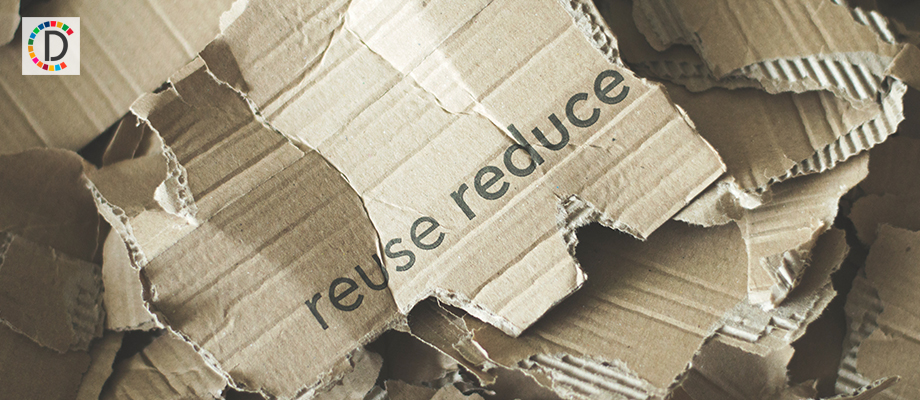EU Commission eyeing exemptions for 'forever chemicals' ban, Welt reports
The European Commission is planning to allow for wide-ranging exemptions from a proposed ban on substances known as PFAS, or "forever chemicals", to protect key industries, German newspaper Welt reported on Wednesday.

- Country:
- Germany
The European Commission is planning to allow for wide-ranging exemptions from a proposed ban on substances known as PFAS, or "forever chemicals", to protect key industries, German newspaper Welt reported on Wednesday. Citing a letter by Commission President Ursula von der Leyen to the EVP European parliamentary group, Welt reported that the commission would propose exemptions for the chemicals' use in the bloc's digital and environmental transformation as well as for the EU's drive to achieve "strategic autonomy".
The commission is aware that a ban would put "investments in key technologies at risk", Welt cited the letter as saying. The European Commission did not immediately respond to a request for comment.
In February last year, the EU started to consider a ban of the widely used but potentially harmful substances, in what could become the bloc's most extensive piece of regulation of the chemical industry. A six-month consultation period to give impacted companies and industries an opportunity to put their views forward ended in September 2023.
Among critical responses from industries, the European chemical makers' association Cefic has said a ban would hobble the production of batteries, semiconductors, electric vehicles and renewable energy production. The moniker "forever chemicals" stems from their ability to accumulate in water and soils because they do not decompose as a result of an extremely strong bond between carbon and fluorine atoms.
The chemicals are in use in tens of thousands of products and machines, including drugs, cars, textiles and wind turbines due to their long-term resistance to extreme temperatures and corrosion.
(This story has not been edited by Devdiscourse staff and is auto-generated from a syndicated feed.)










